A new low-risk status for Bovine Viral Diarrhoea (BVD) has been given to almost 900 herds in NI by Animal Health and Welfare NI (AHWNI).
For a herd to be eligible for the status, all cattle over five weeks of age must be BVD-negative, the herd must have been in the eradication programme for more than three years and have had no BVD-positive animals within the past 12 months.
The three-year rule means that only herds that were tissue-testing calves before the compulsory phase of the BVD eradication programme began in March 2016 can achieve the low-risk status at present.
The main benefit in the status is that tagging and tissue-testing calves for BVD could potentially become cheaper for low-risk herds.
“For samples from these herds, laboratories could consider using an appropriate, cheaper testing method. There is a reduced chance of positive results being disclosed in low-risk herds, so the use of pooled sampling methods could be increased, and savings could come in,” Sharon Verner from AHWNI said.
In the Republic of Ireland, farmers pay for tags and tissue testing separately, with prices for a standard set of visual and tissue tags generally costing €2.75 (excluding VAT).
A test for a tissue sample from a negative-risk herd then costs around €2.90/calf, but this rises to around €3.90/calf for herds without a negative risk status.
However, AHWNI is clear that any changes to the BVD testing regime and tag prices in NI would not be made by themselves or DAERA.
“We are paving the way to allow tag suppliers and labs to consider offering these options for NI farmers,” Sharon Verner added.




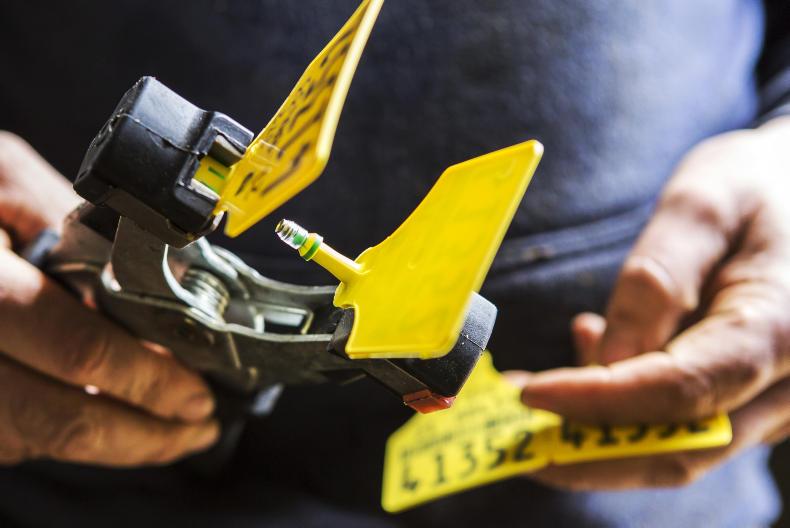
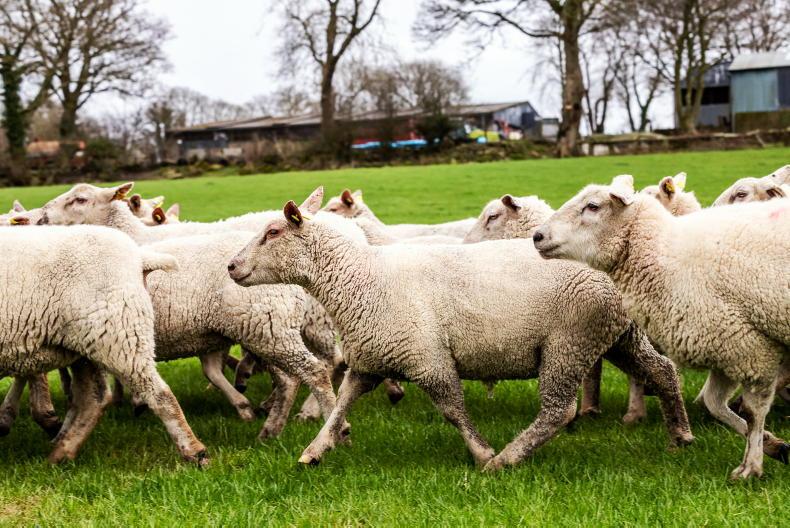
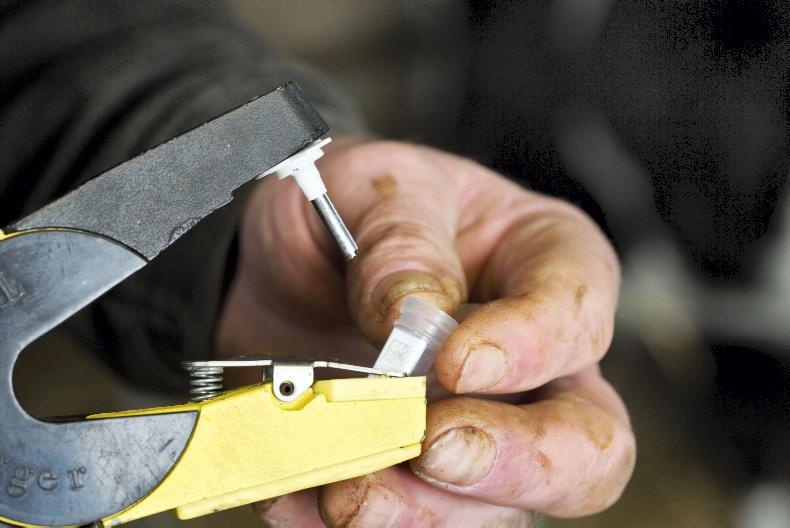
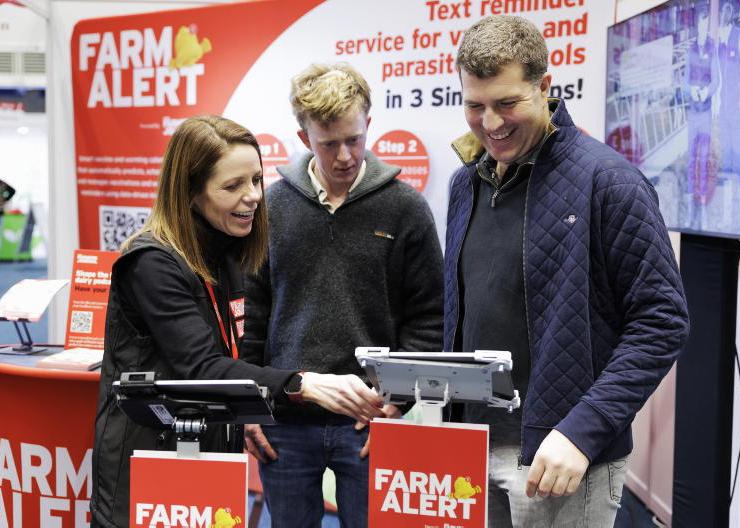
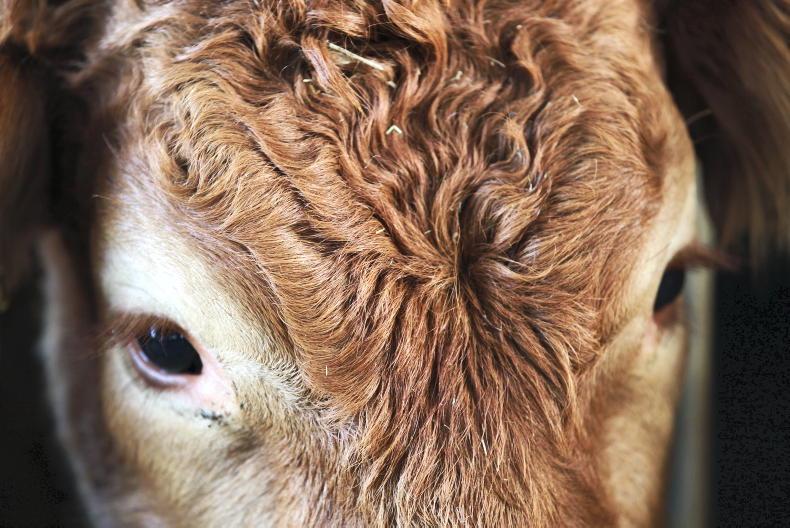
SHARING OPTIONS